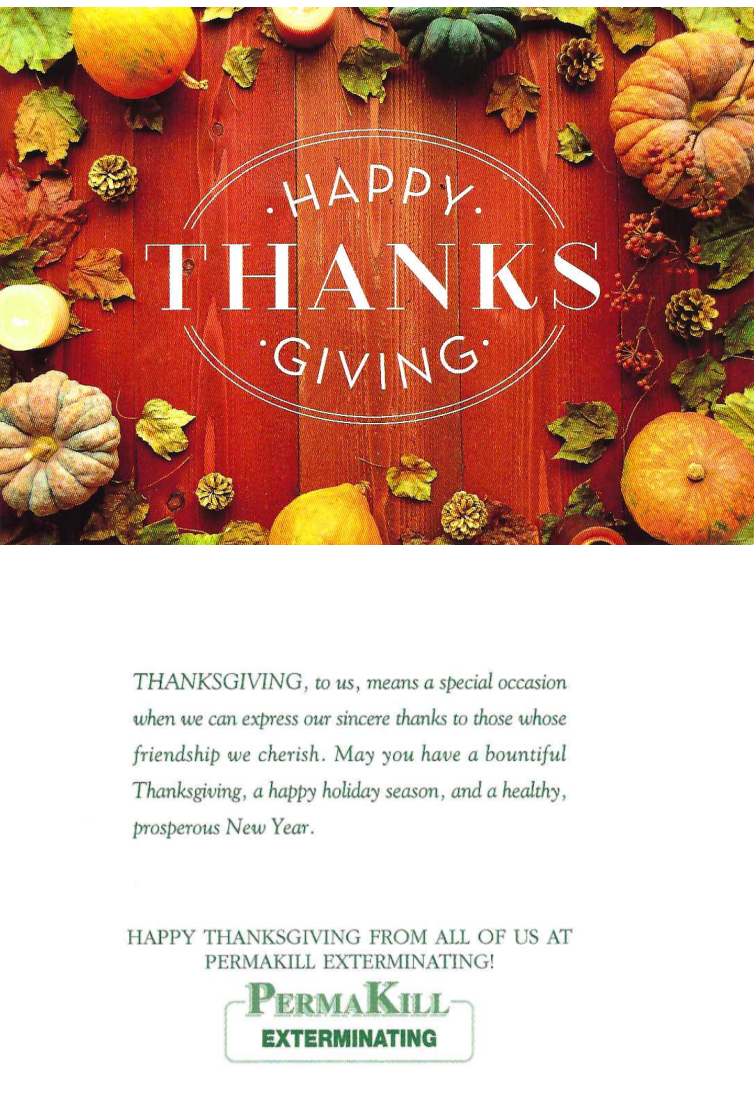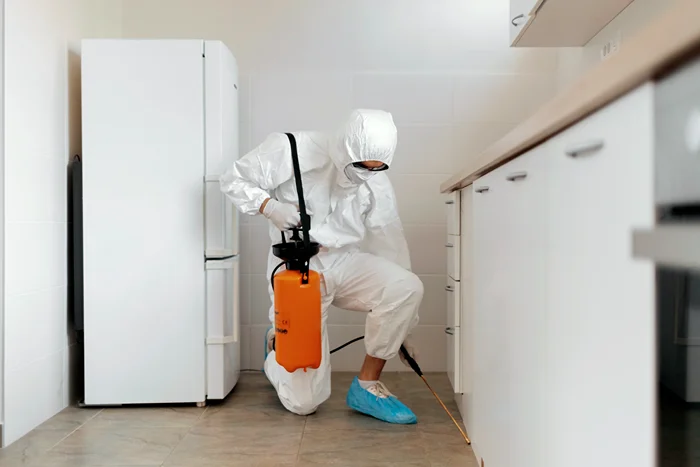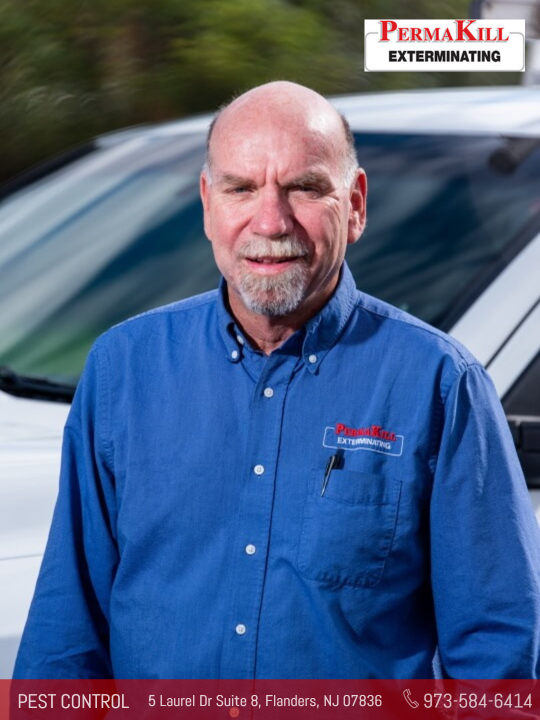


A Formosan termite infestation requires one of the most urgent interventions because it causes serious structural damage that can ruin the foundations of your home. These termites also multiply quickly, so you should seek a reliable pest control service immediately. As a property owner, you should include a reliable termite control service in your maintenance budget. You must learn about the average Formosan termite treatment cost in your area.
So how much does a Formosan termite treatment cost? Your Formosan termite control rates range from $800 to $5000. These depend on your location and other factors, like the type of treatment, size, layout, foundation, and construction type of your property, the severity of the infestation, and damage repair.
The average cost of Formosan subterranean termite treatment is between $2000 to $5000, depending on your location and how complicated the pest control procedure is. The termite extermination cost varies per type of treatment: heat extermination, fumigation, bait system, micro treatment, and chemical or liquid termite treatment.
Chemical or liquid termite treatment involves spraying insecticides that will repel and exterminate the termites. It also keeps any termite colony from invading your structure. While this is a reliable pest control treatment for any subterranean termite, it's best used as a preventive measure. The Formosan termites in your vicinity become exterminated due to dehydration.
Chemical treatment costs about $4 to $16 per square foot, giving you an average of $1300 to $1500, depending on how big your home or structure is. This is also one of the most recommended options for exterminating eastern subterranean termites, like the Formosan subterranean termite.
As the term implies, heat extermination involves heating your structure with hot air until it reaches a temperature enough to kill termites. This is also effective for getting rid of drywood termite colonies, though it needs a temperature of about 120 to 140 degrees Fahrenheit. The extermination procedure lasts around 6 to 8 hours, so property owners should be away during this time and return when it's safe.
Heat extermination is also an environmentally-friendly alternative to using chemicals. It costs around $1300 to $2500 -- this is the most advisable for termites infesting your structure, like drywood termite colonies. The price can increase or even decrease if you're planning to treat specific areas only in your home.
Spot treatment is recommended for having a minor termite problem. Pest control service providers will apply chemical termiticide in the affected area or use a microwave or electronic gun to get rid of termites. Similar to heat extermination, it also uses high temperatures to kill termites, but this covers a smaller area. Spot treatment might cost around $1150.
Termite tenting (or fumigation) involves covering your property or structure with a tent, and pest control experts will blow in potent chemicals to exterminate the pests. This treatment is priced per cubic foot instead of the usual square foot. Because of this, it's the most expensive pest control solution to get rid of every termite colony on your property. Termite fumigation is the most advisable for drywood and dampwood termites, costing around $1300 to $2500.
Bait systems take the longest time to work due to the slow-acting chemicals used to exterminate every Formosan termite colony, but this option is the most affordable. This involves installing bait stations that respond to termite activity.
These bait systems attract termites to eat the toxic material. Their slow-acting properties allow the termites to be alive enough to bring some of the bait to their colony. Using bait systems for solving your termite problem may cost around $800 to $3200.
The total costs of your Formosan subterranean termite solution will still depend on several factors. These factors include the size, layout, construction type, and foundation of your property. Pest control experts will also consider the severity of your termite problem and the extent of the structural damage they've caused.
The size of the treatment area is one of the most decisive aspects of your termite extermination cost. This will determine how much chemicals or how long pest control experts will treat your property with their equipment. The bigger your property is, the higher the costs of your termite control will be. A termite control treatment for an entire home may cost around $2500 and may even become more expensive if it involves fumigation and tenting.
A Formosan termite is a type of eastern subterranean termite. This means it infests moist soil, but it can easily invade your home and damage your structural wood. But a Formosan termite colony isn't your typical eastern subterranean termite colony that usually has between 100,000 and 1,000,000 termites only. These types of termite colonies have millions of members, which is why having a Formosan termite infestation can be an expensive treatment.
Having large infestations require property owners to have costly exhaustive treatments, like termite tenting. This also requires multiple termite follow-ups. That's why for large homes or structures, it's worth it to invest in a regular termite inspection to prevent large infestations. You should call your trusted pest management expert once you sense a termite presence.
The structure layout will also be a factor for your termite extermination cost, depending on other aspects, but treatment for eastern subterranean termites is fixed no matter how many stories it is. Drywood termite infestation will become more expensive with every story.
Properties with pavers or concrete in lots will have increasing rates for eastern subterranean termite treatment. Some homes have additional concrete slabs attached or poured near the block fixed on the structure – pest control experts need to drill the termiticide where the concrete meets the infested soil.
You may need to pay additional costs if your home has more concrete, like porches, because of the extra labor. But on the other hand, concrete slabs wouldn't affect the price of drywood termite treatment.
The construction type will also affect the costs of your termite control treatment because this will determine your termite activity. Some structure types are made with concrete blocks, poured concrete, wood frame, and steel.
Most property owners choose to build their structures with concrete blocks to avoid termite infestations, especially if they live in South Carolina, North Carolina, New Jersey, and other states where infestation by these pests is common. However, these types of homes also have risks of developing termite problems with wooden interior walls and attics.
Like blocks, homes made of poured concrete offer the lowest risks of being infected by different termite species. However, pest control will be costly should they have a Formosan termite infestation, so homeowners should still invest in termite protection with the help of a reliable pest control service provider.
Homes with mostly wooden frames have the highest risk of having a termite infestation, especially with drywood termites and dampwood termites. You can also expect more expensive termite control treatments. Because of this, you should invest in termite protection and wood treatment to keep pesky pests from eating away at your structural foundations.
Steel construction types are common in agricultural and industrial establishments. Like having concrete poured or blocked, steel offers a low risk of having a termite infestation but can also cost a hefty price should it occur.
Pest control service providers will also inspect the foundation of your property before determining the termite control costs. Especially if you're infested with eastern subterranean termites, this should be an important factor. This is usually where termite activity is.
Monolithic is one of the common foundation types in many states. It involves having a single poured concrete in the foundations of your home. Because monolithic foundations are the least complicated to treat, they're also the least expensive termite treatment.
The floating foundation type involves having the base of your home planted on excavated soil to balance the structure's weight. This type entails extra labor and drilling, so property owners should prepare a hefty treatment cost.
Crawl space foundations involve concrete walls that elevate the structure above the ground. Termites can easily infest crawlspaces, and pest control treatments are labor-extensive too. Because of this, it's also expensive.
Termites usually leave damage on your wooden structures. Especially if you have a severe termite problem, you might be facing serious structural damage needing immediate repairs. Because of this, some pest control services also provide termite damage repair. Most homeowners spend around $3000 to fix these damages.

New Jersey is one of the states with a common eastern subterranean termite problem. The cost of your Formosan termite treatment can range from $800 to $5000 or even higher, depending on the size, layout, foundation, and construction type of your property. The severity, termite damage repair, and type of treatment are also some of the factors.
Termite treatment can be costly, especially if it’s already worsened. That’s why investing in reliable termite inspection and maintenance services allows you to avoid paying for these hefty prices – it also saves the structural integrity of your home in the long run. PermaKill Exterminating is one of the best pest control services in New Jersey that can protect your home from different types of termites and pests. You can get a free quote today or call us directly.